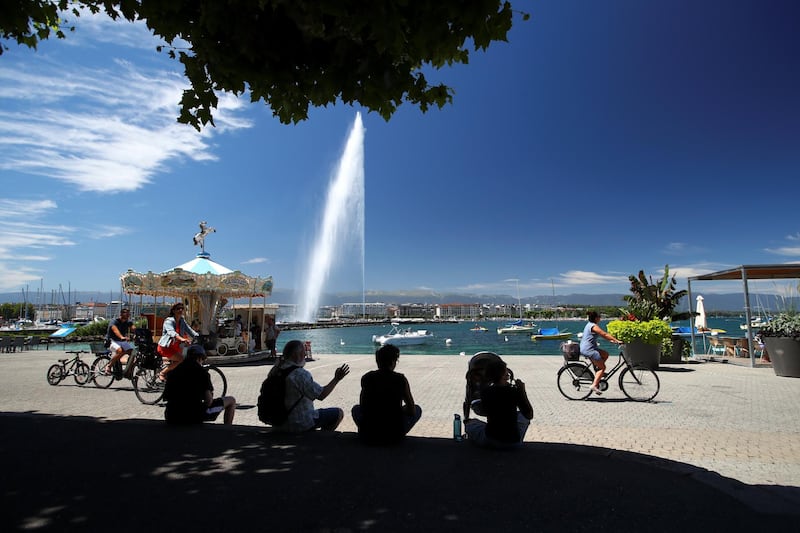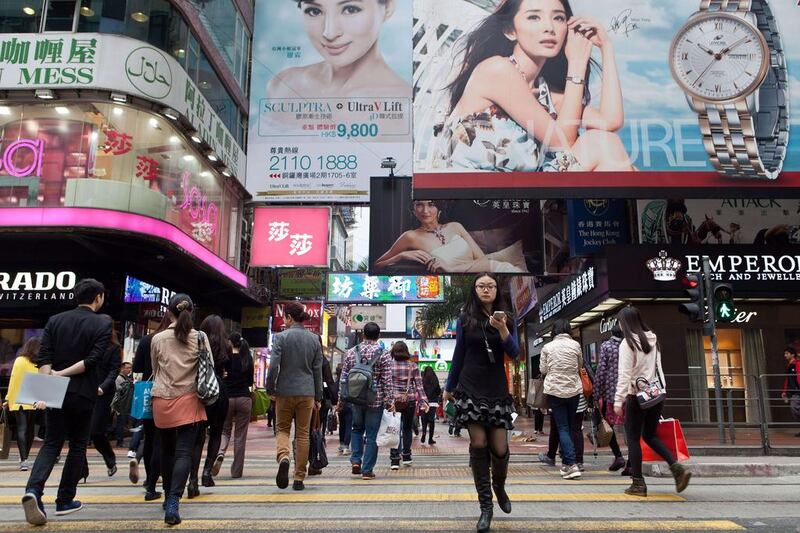Britain's largest pharmacy Boots and department store group John Lewis said on Thursday they would cut at least 5,300 jobs despite government efforts to safeguard employment during the coronavirus pandemic.
US-owned Boots said it would shed more than 4,000 positions after the UK lockdown slashed sales.
John Lewis meanwhile said it did not plan to reopen eight stores forced to shut because of the lockdown, affecting 1,300 jobs.
During the pandemic, thousands of Boots and John Lewis staff have had up to 80 per cent of their wages paid by the UK government under the state's furlough scheme, which finance minister Rishi Sunak has said must end in October.
Replacing the programme is a stimulus package worth £30 billion (Dh139bn) unveiled on Wednesday by Mr Sunak.
The new measures include bonuses handed to companies for retaining furloughed staff and for offering apprenticeships amid fears of mass youth unemployment resulting from Covid-19 fallout.
"People need to know that although hardship lies ahead, no one will be left without hope," Mr Sunak told the UK Parliament on Wednesday, delivering a mini budget aimed at kick-starting Britain's economy devastated by the country's lockdown restrictions.
Noting that "people are anxious about losing their jobs, about unemployment rising", Mr Sunak said: "We're not just going to accept this."
But he insisted that the furlough scheme "cannot and should not go on for ever", with the taxpayer continuing to spend billions of pounds on paying the wages of millions of workers.
Prime Minister Boris Johnson's spokesman said on Thursday that while news of the retail job losses was "very worrying" for staff, the government had "put in place a very substantial package which allows businesses to draw upon a range of financial support during this challenging time".
Boots and John Lewis both said on Thursday that online trading was becoming more central to their businesses.
At John Lewis, where physical stores were already struggling before the coronavirus outbreak as shoppers switched to online shopping, said it expected to sell the majority of its goods through the internet this year and in 2021.
"Before the virus struck, 40 per cent of John Lewis sales were online," the company said in a statement on Thursday.
"This could now be closer to 60 to 70 per cent of total sales this year and next."
Among the eight shops shutting permanently is a department store in England's second biggest city, Birmingham, and a much smaller outlet at London's Heathrow airport.
John Lewis forms part of the John Lewis Partnership comprising also the upmarket Waitrose supermarket.
"Closing a shop is always incredibly difficult," John Lewis Partnership chairwoman Sharon White said in a statement.
"However, we believe closures are necessary to help us secure the sustainability of the Partnership and continue to meet the needs of our customers however and wherever they want to shop."
Boots meanwhile said that Covid-19 had "accelerated the shift by consumers towards digital channels and online shopping".
Owned by Walgreens Boots Alliance, Boots UK said it planned "significant restructuring across its head office, store teams and opticians … resulting in a reduction of its headcount of more than 4,000 and the closure of 48 Boots Opticians stores".
Britain is in the final stages of rolling back nationwide coronavirus restrictions imposed on March 23, slowly reopening the hospitality and tourism industries.
The country has suffered Europe's deadliest virus outbreak, with nearly 45,000 deaths, and the worst economic downturn among the G7 leading industrialised countries.

















